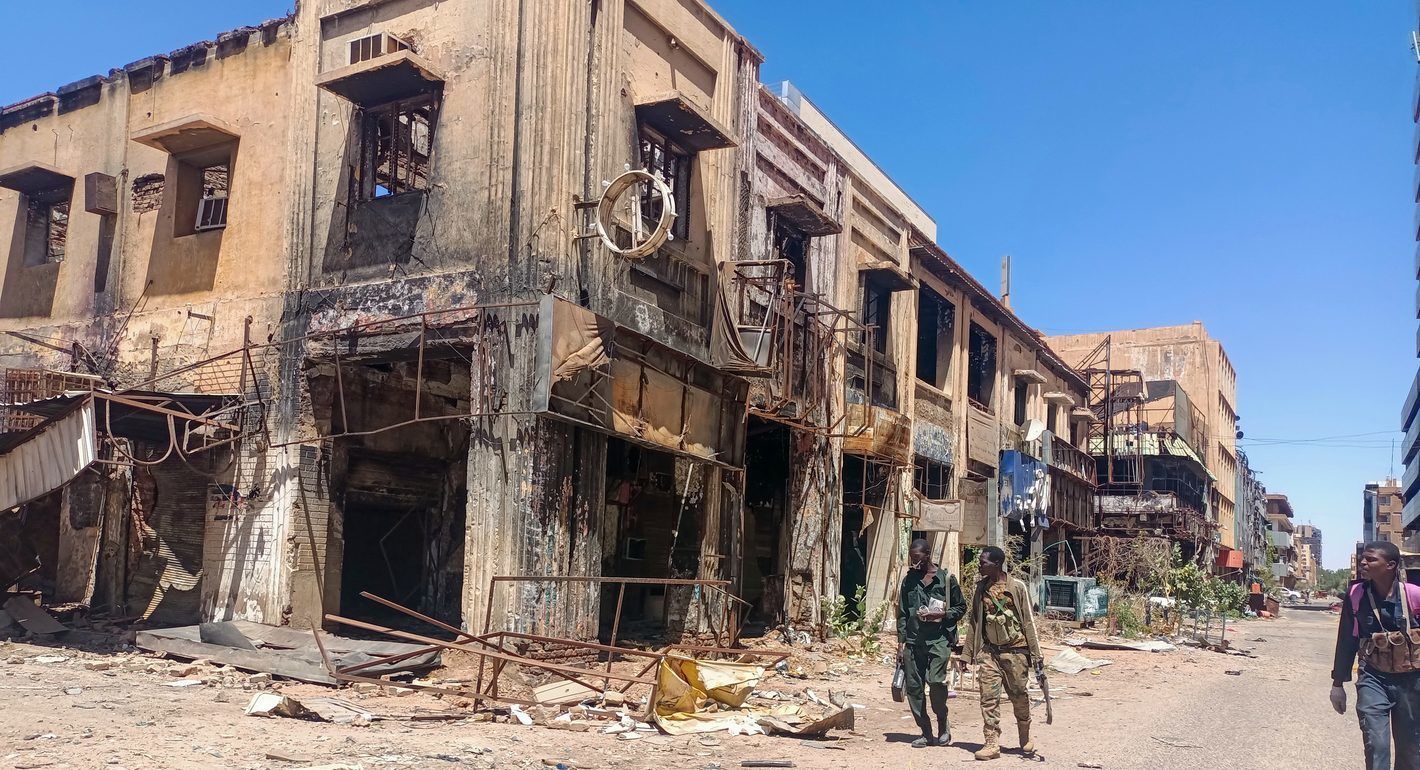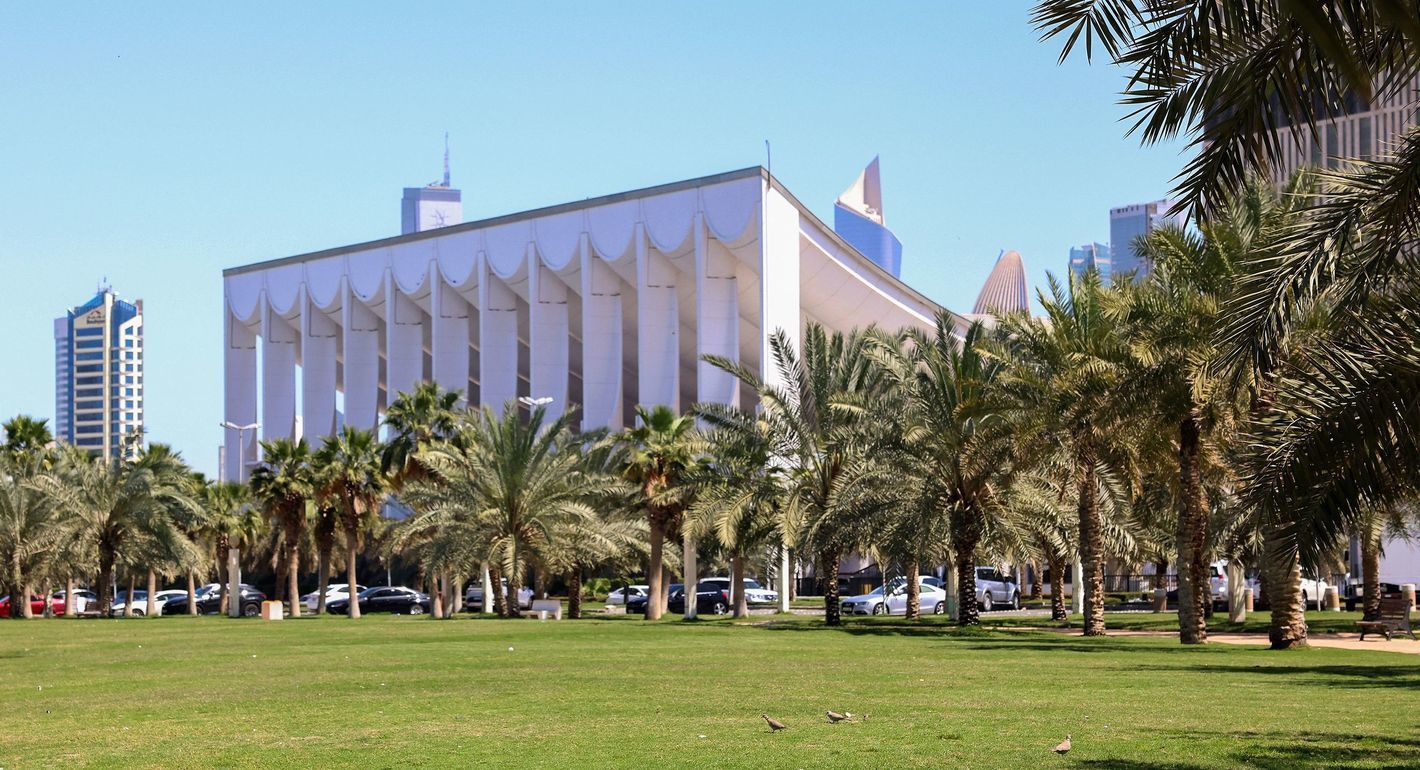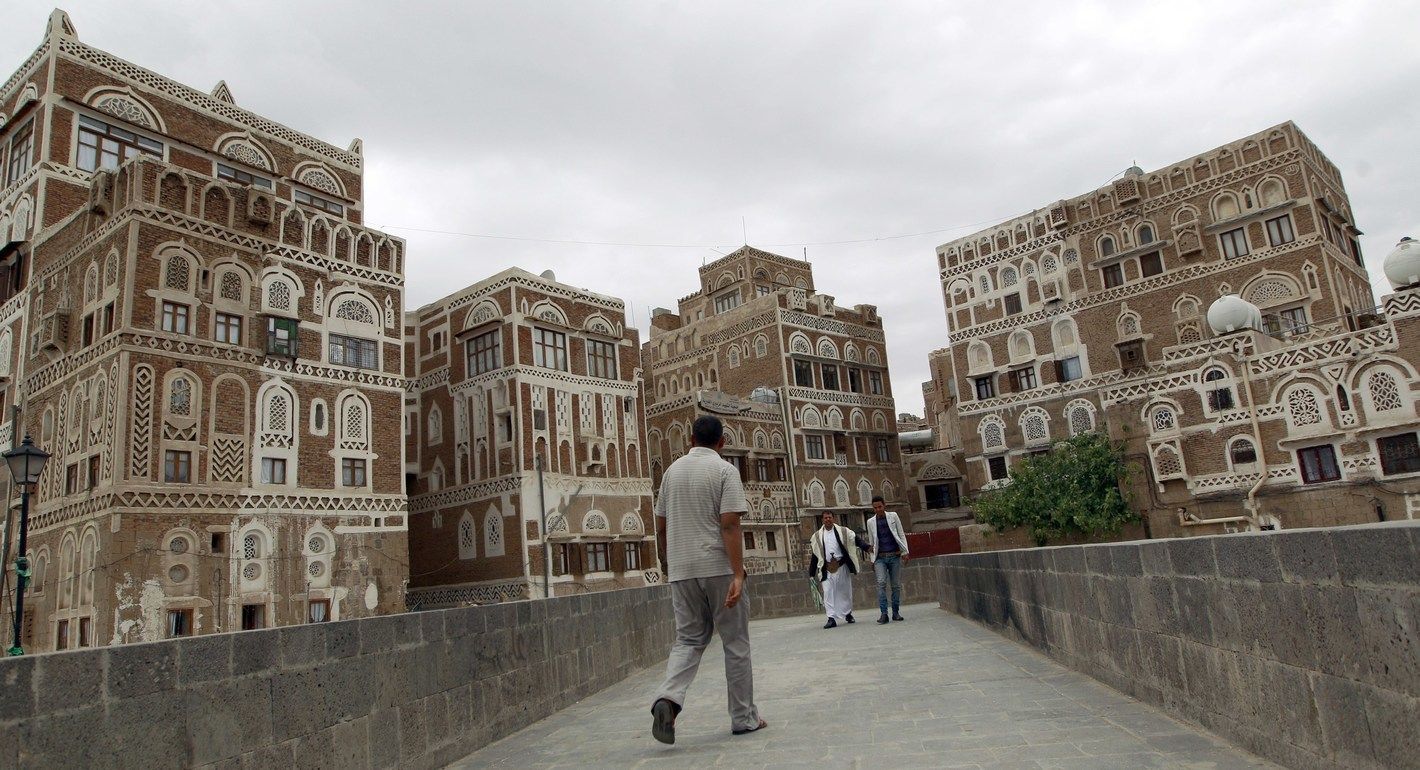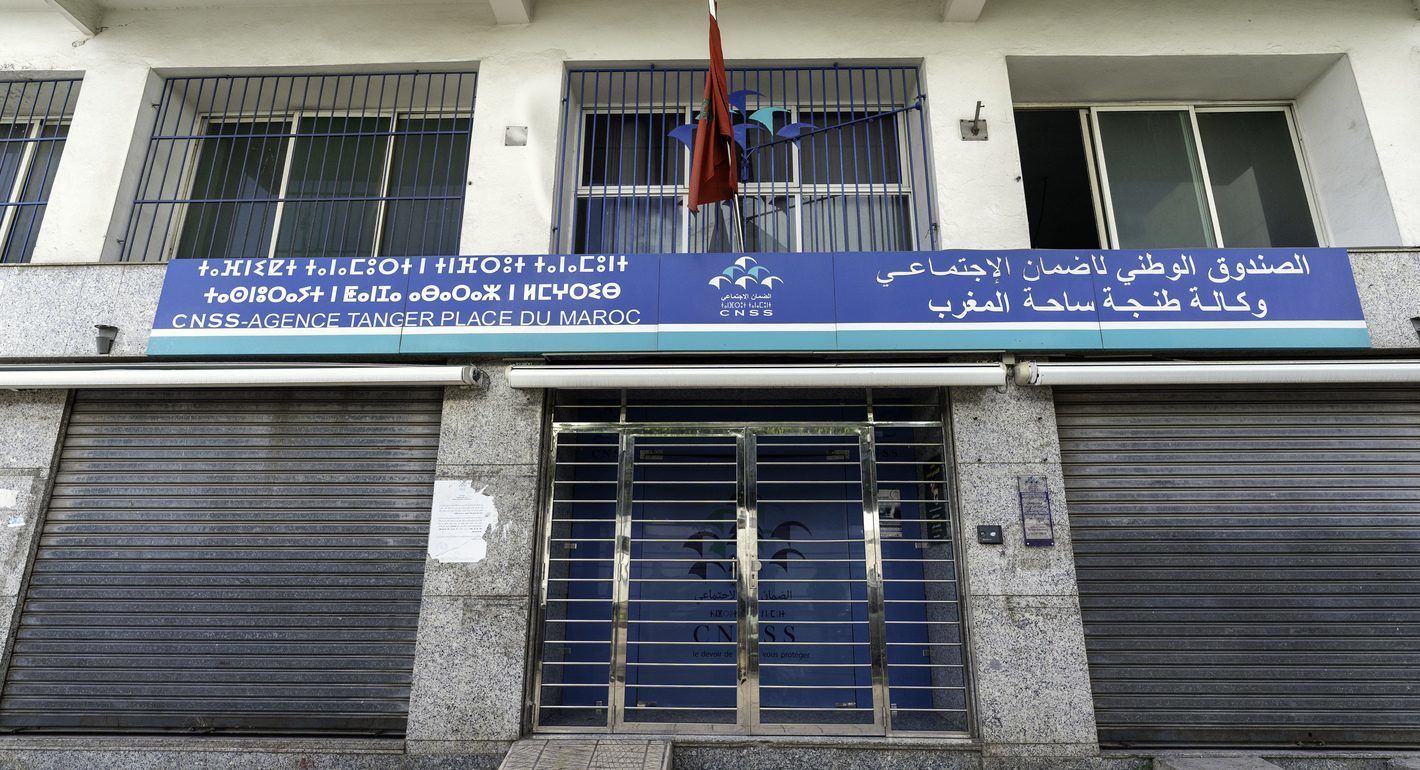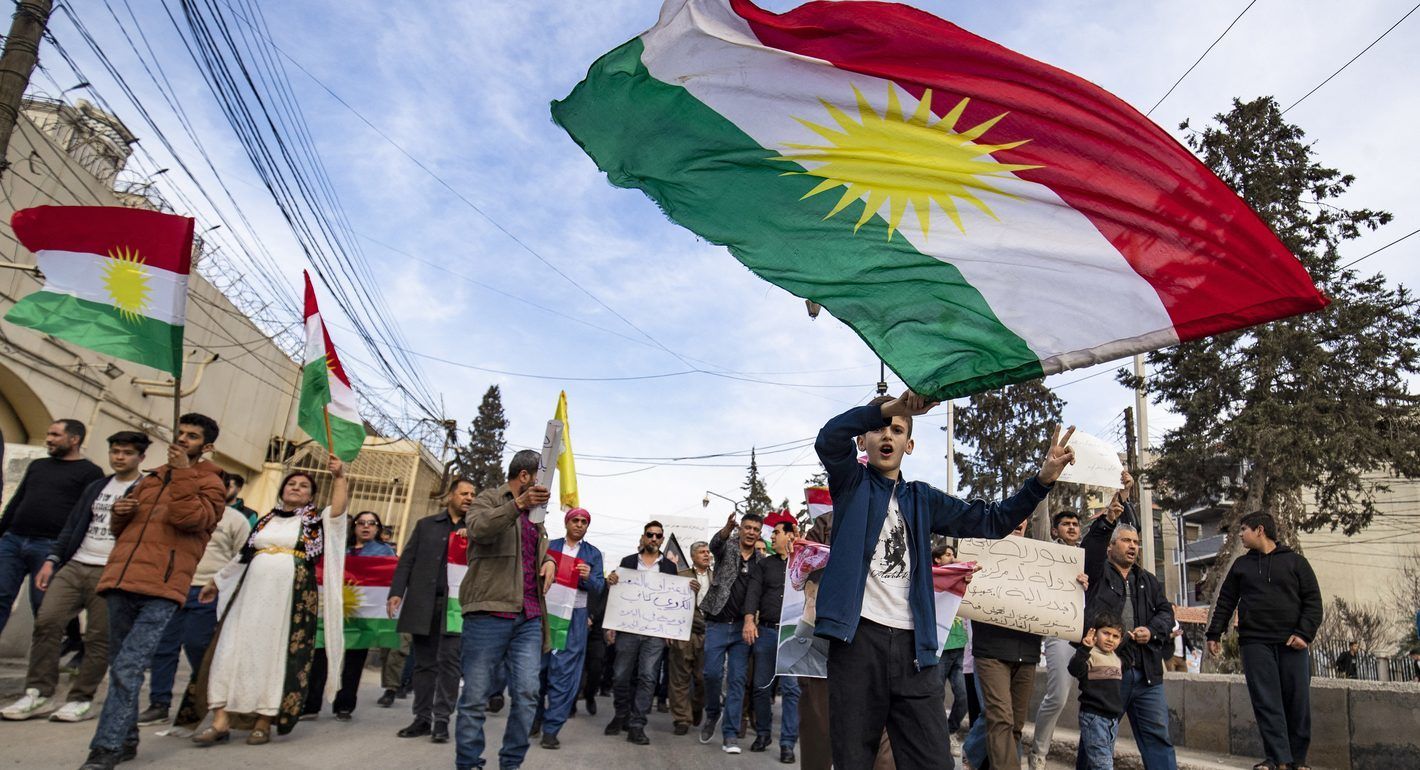For three decades, human rights violations in Libya were committed under the rubric of “revolutionary defense.” The government and its extensive security apparatus imprisoned or “disappeared” critics who challenged the ideology of the 1969 revolution that overthrew the monarchy or of Colonel Muammar Qadhafi's system of Jamahariya, the “state of the masses.”
Since 2001—September 11 to be precise—that rubric has changed. The Libyan government has shifted away from revolutionary rhetoric towards a language more in tune with global concerns, and specifically with the war on terror. Today, as Libya continues its international rehabilitation, dissenters and critics are imprisoned for “terrorist” crimes. Some belong to an armed Islamic opposition. In addition to the Libyan Islamic Fighting Group, which is on the U.S. government's list of terrorist groups, others such as the Martyrs Group apparently seek the government's violent overthrow. But the government has used the reality of this armed opposition to justify silencing peaceful dissent in the name of fighting terror.
The government's new tactics were evident in the January 2005 decision to abolish the People's Court, which had long tried political crimes in violation of both Libyan and international law. The government transferred the cases before the court to regular criminal courts, and it remains to be seen whether they will provide the defendants with the due process that Libyan law guarantees. In addition, hundreds of Libyans convicted by the People's Court after unfair trials remain behind bars. Head of the Internal Security Agency Col. Tohamy Khaled told Human Rights Watch in May that those in prison for politically-related crimes were “terrorists” who had politicized Islam and sought the violent overthrow of the government.
These prisoners include 86 members of the Muslim Brotherhood arrested in 1998. The Brotherhood in Libya is a religious, social, and political group that denounces violence. But to Col. Tohamy, the Brotherhood is breeding ground for terrorists. “They spread an ideology until they're ready, and the next step is using violence,” he recently said. In a positive development, the Supreme Court ruled in October 2005 that the Brotherhood members should get a new trial, which will take place November 28.
The government currently is considering revising the penal code to reduce the number of crimes punishable by the death penalty, but Libyan officials have indicated that they will retain the option of punishing “terrorist” crimes with death. How the law defines terrorism—and whether that definition will be narrow enough to exclude peaceful criticism—remains to be seen. In addition, the notorious Law 71 (which bans any group activity opposed to the 1969 revolution and may bring the death penalty) remains on the books.
As the Libyan government works to improve its image abroad, there have been modest improvements. In September 2005, the government released five long-term political prisoners and a government committee recommended that 131 others be freed, among them the 86 Muslim Brothers. As of early November, however, all 131 men remained in prison. On November 15, the Supreme Court will review the controversial case of five Bulgarian nurses and a Palestinian doctor on death row for infecting 426 children with HIV, and it remains to be seen how the court will rule.
More promising than the limited government steps has been a slowly rising tide of public criticism and debate. Academics, journalists, lawyers, and even some government officials have begun to speak more openly of the need for political reform. Their willingness to address previously taboo topics such as corruption and torture is significant.
Rapidly expanding Internet access in Libya is changing the environment by providing uncensored news and fostering debate. Dozens of websites based abroad give people in the country access to previously forbidden news and ideas. The government has tried to block access to some sites, and it arrested one Internet journalist who was posting from Libya. Abd Al Raziq Al Mansuri joined another peaceful critic in custody: former government official Fathi Al Jahmi. The Internal Security Agency has held Al Jahmi without trial since March 2004 after he criticized Qadhafi in the international media. Notably, Al Mansuri's family issued a public letter in October boldly condemning his arrest. Such criticism from inside has been rare until now.
As Libya continues to open to the world, the pressure for change from citizens is likely to increase. The West, thus far focused on securing Libya as a partner in the war on terror and gaining access to Libya's vast oil fields, should do more to encourage this trend. This applies particularly to the United States, which is likely to resume full diplomatic relations with Libya in the coming year. The United States and other Western countries should promote ties with academics, students, professionals, and other non-governmental actors, as well as hold the Libyan government to account when it imprisons peaceful opponents and stifles debate.
Fred Abrahams is a Senior Researcher at Human Rights Watch. He visited Libya for the organization in April-May 2005.


